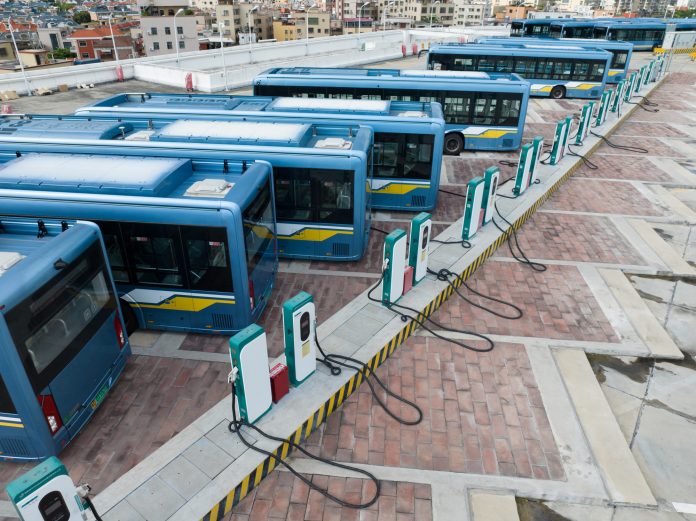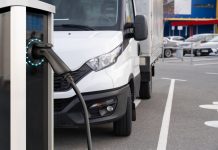A new UKRI-backed study reveals that unreliable bus services, rather than technology or cost, are the biggest barrier to sustainable public transport and electric bus adoption across the UK
A UK study has found that improving bus reliability could be the single most effective way to make public transport more sustainable. Researchers say that even the greenest technologies, including electric buses, will struggle to win passengers back unless services become more dependable and frequent.
Reliability issues offset green and cost benefits
A University of Bath study found that, despite electric buses being cheaper to refuel and maintain than diesel buses, they spend longer off the road due to parts shortages and the need for specialist repairs. As a result, operators, particularly smaller and rural ones, may need to maintain spare vehicles to keep services running, which adds to costs.
If the UK can tackle these reliability problems, the shift to cleaner transport, lower operational costs, and more dependable services nationwide will become far more achievable.
Lead author Jac McCluskey, from the University of Bath’s Engineering and Physical Sciences Research Council (EPSRC) Centre for Doctoral Training in Advanced Automotive Propulsion Systems, said:
“Electric buses can transform public transport and cut emissions dramatically, but reliability is the missing piece. Strengthening supply chains, parts availability, and repair skills will help ensure these vehicles deliver affordable, dependable services everywhere—from big cities to rural towns.”
Reliability directly affects costs and fleet size
The researchers used real-world data from a UK bus operator and applied a total cost of ownership model over a 20-year period. They found that electric fleet size requirements increase by roughly 18–23% for every 10-percentage-point drop in availability compared to diesel buses. At 85% availability, operators would need fleets around 30–40% larger than their daily operational needs, significantly increasing capital costs.
The impact is particularly severe for smaller and rural operators, where each additional vehicle represents a larger share of the overall fleet budget.
Tom Druitt, Chief Executive Officer of The Big Lemon, which participated in the research, said:
“The Big Lemon has been at the forefront of the electric vehicle revolution since we launched our first solar-powered electric bus in 2017.
We’ve gathered extensive data on a wide variety of electric buses and it’s been a pleasure to work with the University of Bath to better understand the economics of electric bus procurement and share this experience with the wider industry.”
Funding and government support essential for transition
The study highlights a lag in data availability for newer electric buses, as most assessments rely on earlier models. It shows that if reliability has not improved since 2020, operators may still require grants of up to 45% and ongoing support beyond 2040. However, if reliability improves, grants could fall to around 30–40%, potentially ending by 2032.
To address funding challenges, the UK Government is supporting the transition to electric buses through its Zero Emission Bus Regional Areas (ZEBRA) scheme, which provides grants covering:
-
up to 75% of the cost difference between electric and diesel buses
-
75% of infrastructure costs
-
50% of contingency expenses
These subsidies have accelerated adoption, with electric buses making up 60% of all UK bus registrations in 2023, up by 76% from 2022.
Improving reliability key to sustainable transport
However, long repair times and reduced availability could still undermine the economic viability of electric buses, especially for smaller operators, unless reliability improves. Increasing reliability could dramatically reduce costs and accelerate the UK’s transition towards low-carbon, sustainable public transport.











